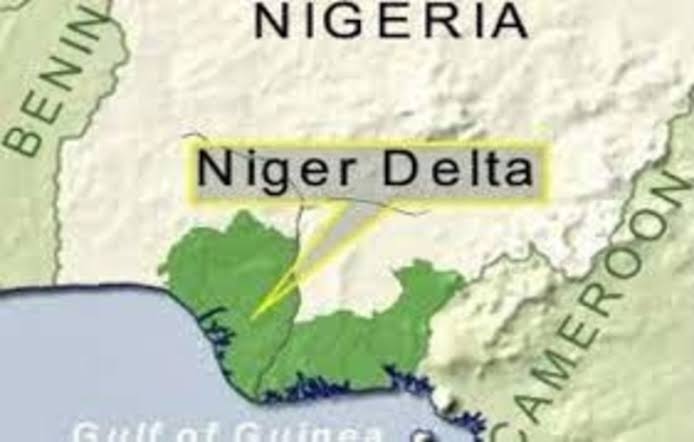
25,500 NIGER DELTA YOUTHS, WOMEN BENEFIT FROM FG EMPOWERMENT
The Federal Ministry of Agriculture and Food Security is empowering approximately 25,500 women and youth to pursue entrepreneurial careers in agriculture in all the Niger Delta states.
The International Fund for Agriculture Development is funding the working session under the Livelihood Improvement Family Enterprises Niger Delta project, according to National Project Coordinator Dr. Abiodun Sanni, who was speaking to reporters on Friday during the technical working session on group savings and loan and record/bookkeeping in Owerri, the capital of Imo State.
According to him, participants came from all six of the Niger Delta’s states.
Sanni, represented by his Technical Assistant, Mr Bunmi Ogunleye, said, “The project has participating states from Niger Delta, which would access the $60 million loan funded by IFAD. The project, which has two phases of six years, has a 12-year life span with phase one of six years, which started in 2019.
“The six states that started in 2019 were Abia, Bayelsa, Ondo, Cross River, Edo, and Delta states. Imo, Akwa Ibom and Rivers were activated in 2024. So, the project is happening in nine states of the Niger Delta.
“The essence of the project is to empower youths and women in agriculture entrepreneurship for self-reliance and sustainability.
“The empowerment of the participating youths and women is being done across selected commodities of cassava, plantain, fish, rice, cocoa, oil palm, and poultry.”
Sanni further said, “The empowerment will be across the value chain which are production, processing and building their capacity to market the products. The training will further strengthen and build the capacity of selected few on proper record keeping and documentation in business, with the intent that they will step down the learning and cascade the training down the others for same pack of knowledge.
“The people being trained are part of the project. To participate in the project, one must be unemployed, underemployed, and must be living in the rural communities.”
The National Financial Inclusion Specialist, Obiageli Ekwelie, explained that, “The participants learn under an expert on the commodities for a period defined by the gestation period of the commodity.
“At the end of the training, they will learn to do business successfully with the startup capital, which is usually not enough. They will better appreciate the need to increase their culture of saving, be able to raise their credit rating from financial institutions and increase their ability to record the activities of their enterprises.”
